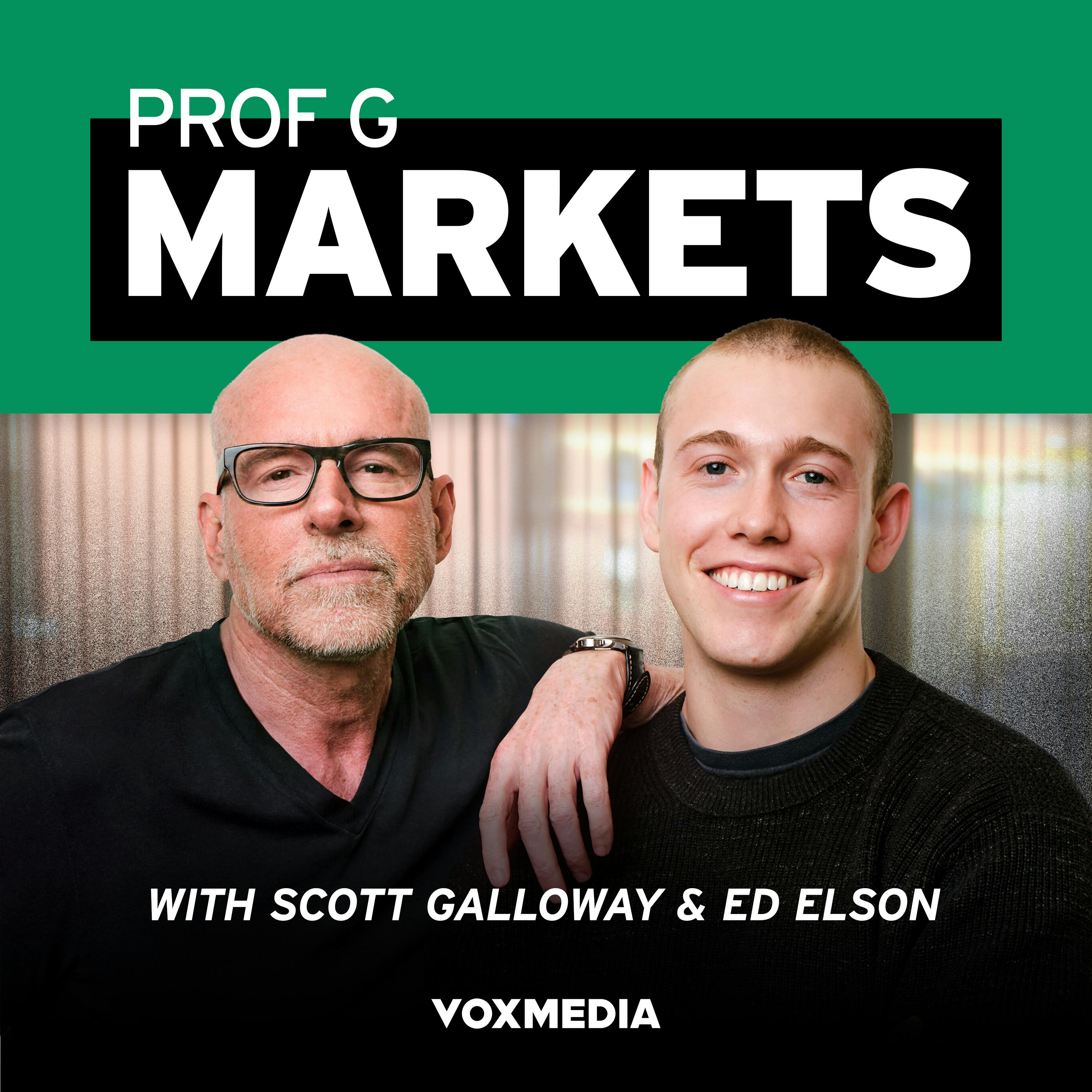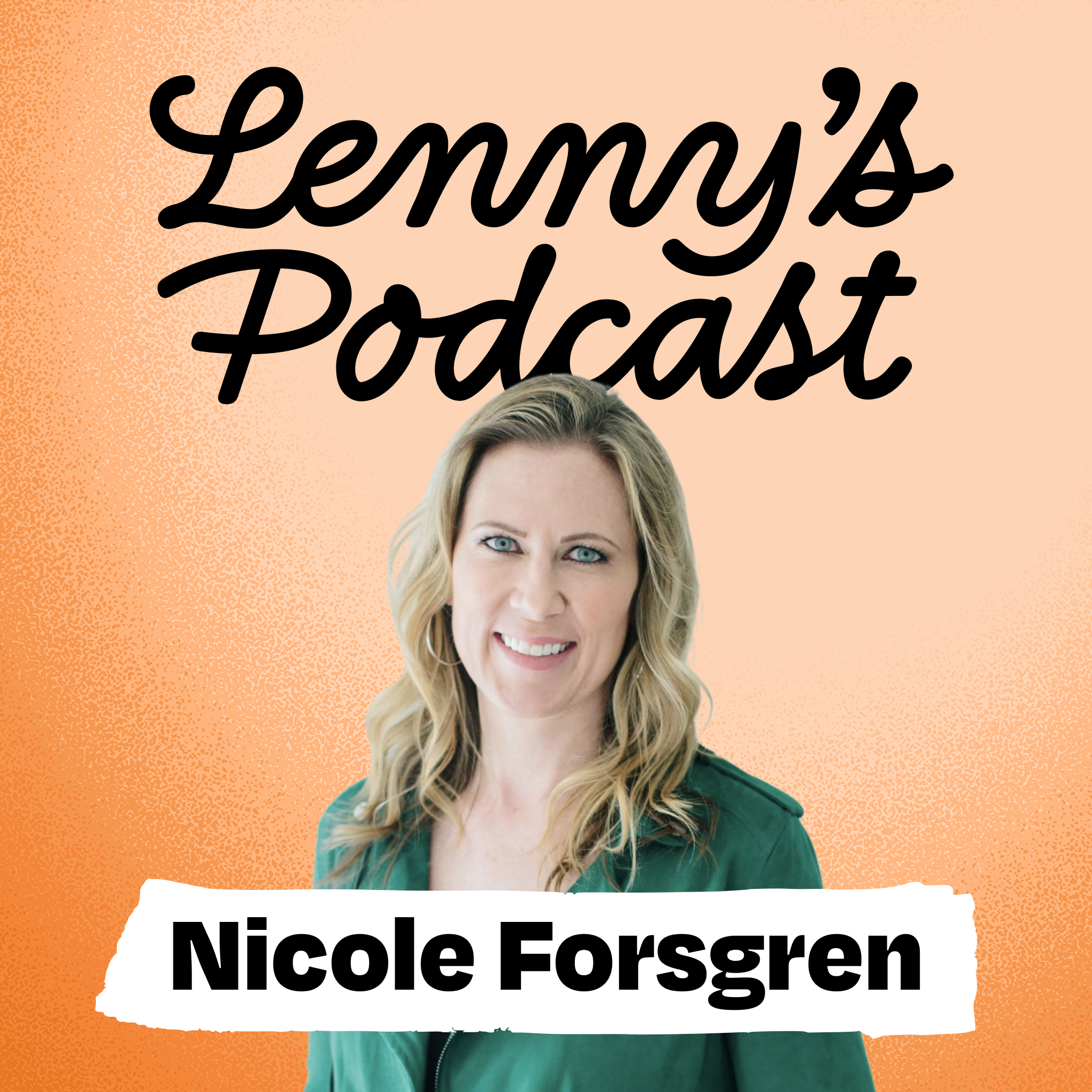Today's Top Episodes
Viewing Podcast: Podcast
AI
Arts
Business
Crypto
Finance
Health
History
Interviews
Investing
Macro
Misc
News
Politics
Product
Programming
Science
Social
Startups
Technology
VC

Why AI Needs Antitrust Intervention — ft. Jonathan Kanter
Duration: 01:03:13
October 17, 2025
- The US government is launching antitrust investigations into Nvidia, OpenAI, and Microsoft, with the DOJ focusing on Nvidia and the FTC on OpenAI and Microsoft.
- Concerns are rising about power concentration in big tech due to high compute costs and strategic partnerships, potentially stifling competition.
- The government's approach to these investigations is described as target-driven and potentially detrimental to the nascent AI industry.

The AI Bubble Is Real — Here’s How to Prepare for the Pop
Duration: 01:14:32
October 13, 2025
- The AI economy is exhibiting characteristics of a bubble, fueled by circular deals and incredibly high valuations, which could lead to a significant market correction.
- The current US market dominance and innovation are partly attributed to a culture that tolerates risk and the flexibility to hire and fire employees relatively easily, fostering a more dynamic business environment.
- Gold has emerged as a top-performing asset class, driven by speculative momentum and a growing lack of confidence in traditional safe-haven assets like US Treasuries, suggesting a broader shift towards riskier, momentum-based investments.

How Policy is Failing the American Workforce — ft. Kathryn Anne Edwards
Duration: 01:13:16
October 10, 2025
- The podcast discussed the potential impact of the government shutdown, emphasizing that while it will cause immediate pain, it doesn't signal a fundamental economic weakness.
- A significant portion of the conversation centered on the plight of "NETs" (Not in Education, Employment, or Training), the factors contributing to this demographic, and potential policy solutions like criminal justice reform and Medicaid expansion.
- The hosts and guest explored the disconnect between the cultural push for women to embrace traditional homemaking roles and the economic realities, highlighting that the current policy landscape effectively promotes "marrying rich" due to a lack of adequate support systems like affordable childcare.

The Great Sloppification of OpenAI
Duration: 01:07:45
October 6, 2025
- The podcast discusses the rise of AI-generated content and how companies like OpenAI and Meta are attempting to integrate it into social media platforms, raising concerns about a potential flood of low-quality "AI slop".
- The hosts debate the merits of OpenAI focusing on a social media platform for its AI video generator, suggesting that its core business model should be selling its AI technology to established production studios and content creators.
- It was predicted that a major merger or acquisition could be on the horizon, naming Netflix potentially buying Disney as their top candidate, given the challenges both companies face individually.

What Happens if the Fed is Compromised — ft. Claudia Sahm
Duration: 00:44:03
October 3, 2025
- The hosts discussed the potential impact of the largest take-private deal in history, EA being taken private for $55 billion, and its implications for increasing ad integration within the gaming industry.
- A key investment lesson emerged: while a company can be promising, overpaying for it can negate its potential, as illustrated by a personal investment in Epic Games (Fortnite) being down 40%.
- The conversation with economist Claudia S focused on the erosion of the Federal Reserve's independence, specifically noting political appointments, attempted removals, and the potential consequences for monetary policy and economic stability.

EV Tax Credit Comes to an End & Why Trump Rx Will Not Fix High Drug Costs
Duration: 00:35:07
October 2, 2025
- The expiration of the federal electric vehicle (EV) tax credit, which offered up to $7,500 off, has raised questions about its effect on EV prices and demand.
- The "Trump RX" initiative aims to lower drug prices by allowing consumers to buy directly from manufacturers, but its impact is uncertain and could be overshadowed by potential increases in healthcare premiums.
- Tesla is transitioning away from being solely a car company, with a focus on autonomy and robotics while reducing emphasis on traditional car production and sales.

The Economic Fallout of a Government Shutdown & Why Fermi Will Be the Worst IPO of 2025
Duration: 00:24:35
October 1, 2025
- The US faces a potential government shutdown due to disagreements over Affordable Care Act subsidies, with Democrats pushing to maintain them and Republicans seeking to cut spending.
- A looming government shutdown could lead to delayed spending, lost output, and suspended data releases from government agencies, potentially impacting businesses and possibly influencing the Federal Reserve's decisions on interest rates.
- The AI company Fermy America is conducting an IPO despite having no established revenue or infrastructure, raising concerns about the company's valuation and business model.

How The AI Economy Could Collapse
Duration: 00:54:51
September 29, 2025
- AI's Development: The speaker highlights the rapid advancements in AI, particularly the development of "agents" capable of collaborating and potentially developing their own languages.
- Job Market Impact: A significant portion of current jobs, especially repetitive white-collar roles, are at risk of automation due to AI, although new roles such as AI managers will emerge, leading to a projected net increase in jobs.
- Investment Strategy: The speaker suggests continuing to dollar cost average into diversified indexes like the S&P 500 rather than trying to chase individual tech stocks, due to the potential for the market to consolidate around fewer, AI-dominant companies.

AI, TikTok, and the Battle for Media’s Future — ft. Mark Cuban
Duration: 01:06:26
September 26, 2025
- Mark Cuban expressed concern that the top-down nature of governmental influence on media, as exemplified by the FCC, could be more frightening than cultural pressures from progressives.
- Cuban believes AI has the potential to democratize knowledge but is also concerned about the current concentration of power in the hands of a few tech companies controlling algorithmic content.
- Cuban shared his excitement about the prospects of AI's integration with robotics, but also worries about the potential displacement of young people from AI driven disruptions in jobs.

TikTok, Warner Bros, and the Rise of the Ellison Empire
Duration: 00:57:02
September 22, 2025
- The Ellison family's potential acquisition of major media outlets like Warner Brothers Discovery and TikTok signals a growing consolidation of power in the media landscape.
- AI is reshaping the competitive landscape, with Gemini emerging as a strong competitor to OpenAI's ChatGPT, potentially mirroring the Internet Explorer overtaking Netscape scenario from the 90s.
- An economic strike led by wealthy individuals is proposed as a potential means of resisting perceived authoritarian trends, focusing on leveraging financial influence to challenge dominant corporate and political forces.
...




